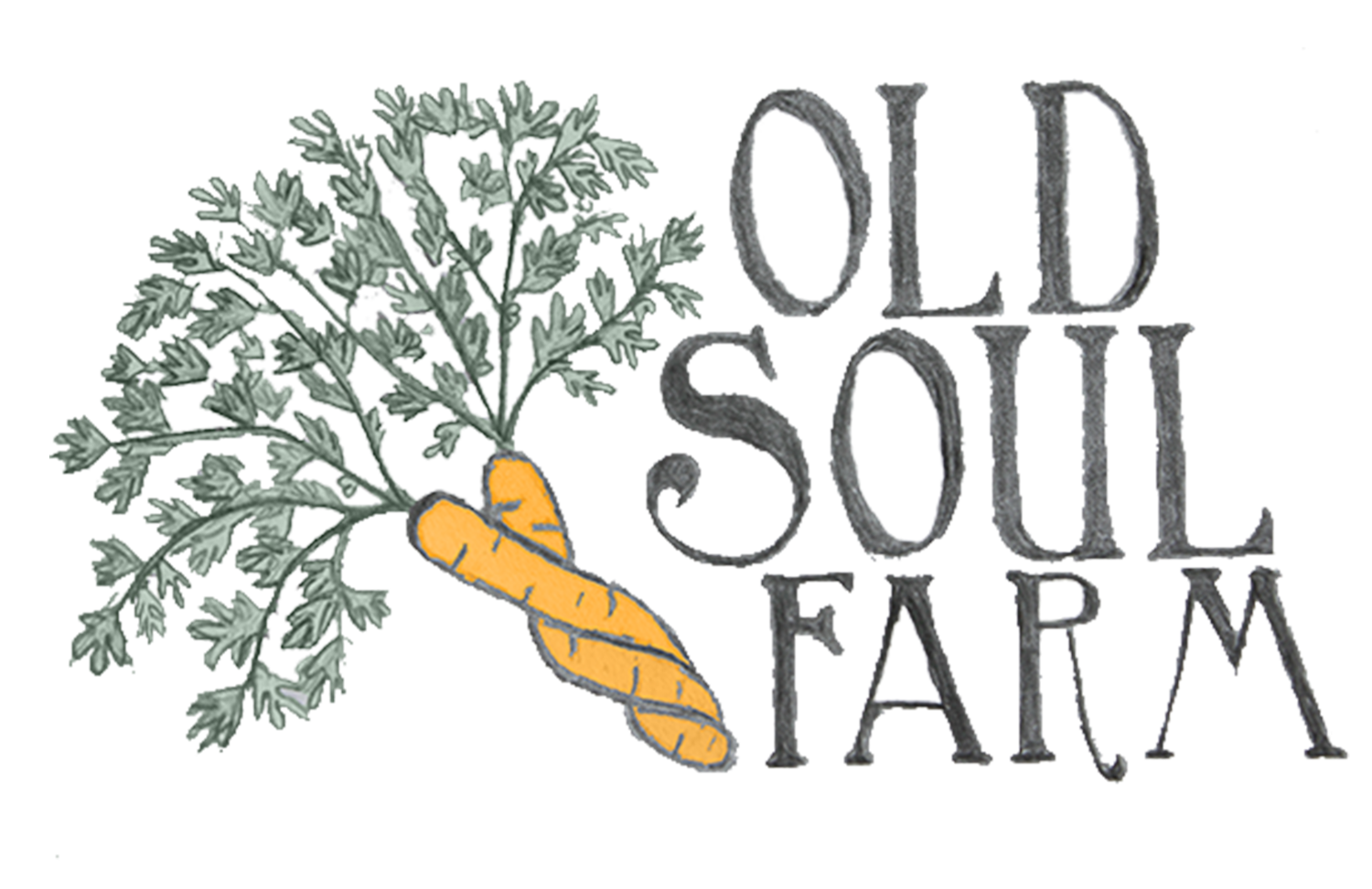The Farm
Our farm, located in central Vermont, is 12 acres of sloping, south-facing mixed pasture and woodlands. It was originally a dairy farm and the owner prior to us kept horses so the pastures were managed and the soil was fertile. We have turned the few flat areas of that pasture into our vegetable fields and the sloping terrain around them have been planted with fruit trees, nuts, berries, flowers and other perennial plants. The idea is to create an edible forest which will feed us and the surrounding community throughout the year and which is managed in a way that is good for the earth and good for us.
The Approach
Being self-sufficient is our main goal. To achieve this we use sustainable agriculture practices and have designed the farm using permaculture principles. We don't use a large tractor but instead opt to use a smaller walk-behind tractor. We choose not to till our land but instead use permanent raised beds for our vegetables. Swales, planted with fruits, nuts and berries, capture water run off which in turn irrigate the trees. Everything we produce is eaten fresh, preserved, fed to the chickens or added to our compost pile. The compost is spread back onto our beds year after year. This cyclical process returns nutrients back to the soil which lower our necessary inputs and maximize our food output.
Vegetables
We grow about an acre of mixed vegetables. We rotate our crops so as not to deplete our soil and to discourage pests. We use no pesticides, herbicides, chemical fertilizers or GMO seeds and grow using organic practices. We also use two hoop houses for extending the season and growing tomatoes, cucumbers and a few other select crops.
Fruit
To grow healthy fruit trees and berries we focus on maintaining and growing the fungi in our soil which form a symbiotic relationship with the plants roots and allow the tree to access more nutrients. We grow apples, pears, plums, peaches, apricots, pawpaws, hardy kiwis, black walnut, hazelberts, strawberries, blackberries, elderberries, raspberries and currants. That's just to name a few.
Eggs
We rotate our hens through our pasture moving them every few days. This ensures that our pastures stay managed and the birds have a constant supply of plants, insects and worms to feed on. As they move about the pasture they are continually fertilizing the soil and the health of the farm ecosystem increases. Our chickens are fed only supplementary organic, non-gmo feed.
Kitchen
We preserve, can, freeze, ferment and dehydrate as much as possible so we can provide good food throughout the long winter. Cosmetically damaged vegetables, which can't be sold, can be turned into something that will last all year. We also forage for wild foods (like our ramp pesto seen in the picture above) throughout the year and try to make products which support gut health such as sourdough bread and kombucha.





